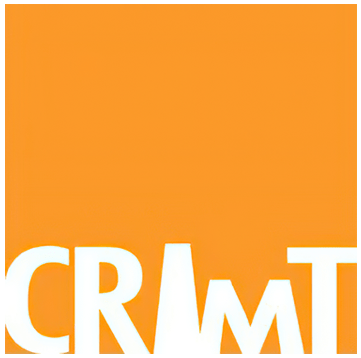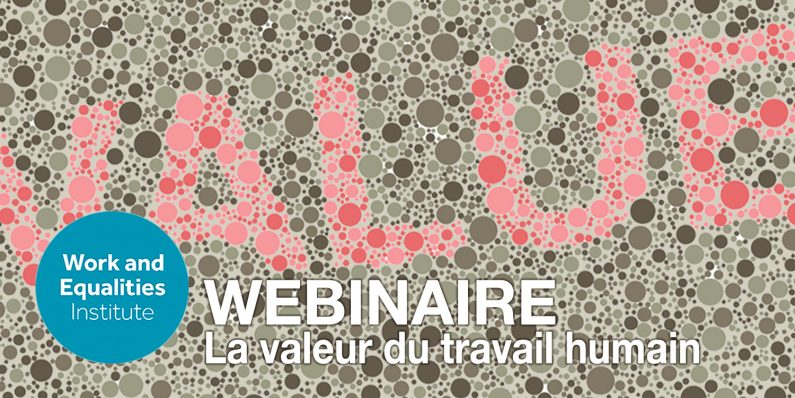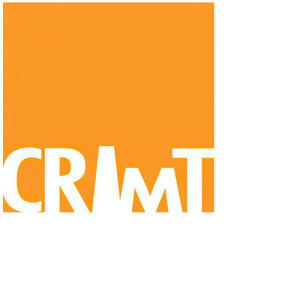26 février 2021 à 11:00 AM [Heure de Manchester]
6:00 AM heure de Montréal (pour les lève-tôt !)
12:00 PM heure de Paris
10:00 PM heure de Melbourne (pour les couche-tard !)
La valeur du travail humain
The Covid-19 pandemic is having a profound impact on work and working lives. This has ignited an important debate on the value of human labour, which has increased awareness of the criticality of a wide range of jobs, many of which have been traditionally undervalued, both politically and socially. The UK government’s definition of ‘key workers’ amount to 7.1 million adults, many of whom are underpaid, working in insecure jobs and operating in public-facing roles. Among key workers, Black, Asian, and working-class groups make up a disproportionately large share, leaving them far more exposed to infection. Additionally, sectors dominated by female workers, such as retail and hospitality, have been hit hard by variations of lockdown, placing them at increased risk of both job loss and furlough. Uncertainty surrounding schooling and childcare provision adds an extra burden.
Conflicting Covid narratives: The value of supermarket work and implications for the future
Abbie Winton is a final year doctoral researcher at the Workand Equalities Institute. Her research explores retail work and sociotechnical change, with a current focus on the crisis and the shaping impact this could have on the future of work within the sector.
Debra Howcroft is Professor of Technology and Organisation at the Work and Equalities Institute and is the Editor of New Technology, Work and Employment’.
Sharing the load: How work sharing can reduce unemployment, improve gender equality, and benefit mental health
Jill Rubery is Professor of Comparative Employment Systems and Director of the Work and Equalities Institute. Her current research interests include inequality in the labour market, digitalisation in the workplace, and the related effects of COVID-19.
Isabel Tavora is a Senior Lecturer in Human Resource Management atManchester Alliance Business School and a member of the Work and EqualitiesInstitute. Her research focuses on comparative employment policy, collective bargaining, gender equality and work-family reconciliation. Isabel chairs the School’s Equality, Diversity and Inclusion Committee.
Beyond work intensification – the contradictions and ironies of the changing nature of cleaning work in a context of austerity and organisational change
Jo McBride is a Professor at the University of Durham and has worked on a range ofissues related to collectivism at work, the nature of skills and in work poverty, and the role of decent work initiatives.
Miguel Martinez Lucio is a Professor at the Work & Equalities Institute and is the Editor of New Technology, Work and Employment. He has worked on questions of change within work, the transformation of worker representation and the development of regulation and the state.
Job value during COVID-19 pandemic: Recognising migrants as ‘critical’ but neglected workers
Anthony Rafferty is a Professor of Employment Studies at the University of Manchester and a Deputy Director of the Work and Equalities Institute (WEI).
Stefania Marino is a Senior Lecturer in Employment Studies at the University of Manchester. Her research interests are in the field of labour sociology, industrial relations and labour market studies with a specific focus on international comparative analysis. Stefania has worked extensively on the relationship between labour migration and labour market and in particular on trade union representation of migrant workers across countries.




